
In Africa, Steal a Phone and Die — Steal Billions, Gain Power
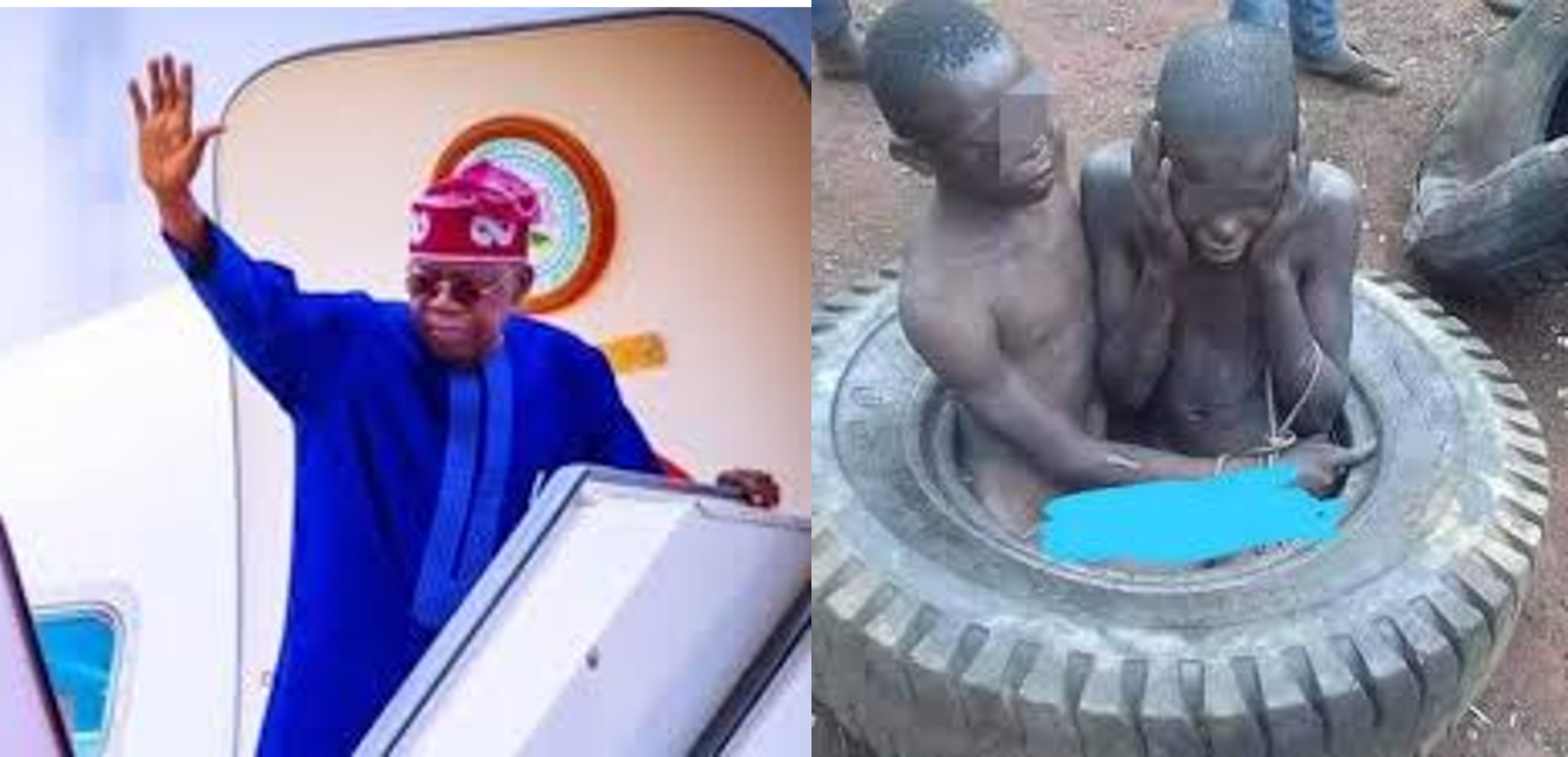
In many parts of Africa today, justice wears two faces. One is swift, brutal, and unforgiving, reserved for the poor. The other is indulgent, adoring, and blind, granted to the rich and powerful. Walk through the streets of Lagos, Kampala, or Nairobi. You’ll find heartbreaking examples of this moral contradiction:
A young man beaten to death for stealing a phone, while a known politician, accused of looting billions from public coffers, is being cheered on at a political rally, even hailed as a man of the people.
This is not justice. It is survival gone mad. And it is slowly choking the soul of the continent.
In the past month alone, videos have gone viral of petty thieves stripped naked, lynched, or even set ablaze by mobs across Nigeria and Kenya. Often, their crimes are minor:
A handbag was snatched, a car battery was stolen, and a few food items were lifted from a stall. The public responds not with understanding or grace, but with fire and fury.
Contrast this with how we treat corrupt public officials. They are welcomed with fanfare, give speeches in places of worship and donate to weddings and funerals. And despite multiple allegations of corruption or convictions, they are given political platforms repeatedly.
Many politicians have embezzled funds meant for hospitals, schools, pensions, and salaries which has resulted in poor infrastructure, mass unemployment, failing education, and broken healthcare systems. But we rarely see crowds gathering to demand their arrest. Instead, some leaders are even promoted, rewarded with new appointments or elected into higher office.
Why Does This Happen?
First, accessibility. The petty thief is easily caught. He has no bodyguards, no legal team, and no powerful network. The politician, on the other hand, is protected by the police, by politics, by systems designed to preserve power.
Second, fear. People fear confronting power. They lash out instead at whoever is within reach, usually the weakest and most desperate.
Third, perhaps most dangerously, there is a normalised culture of corruption. Many people have come to expect theft from politicians.
At least he built a road or donates to the mosque or church” are common refrains.
Ethnic loyalty, political affiliations, and religious ties often blind people to the crimes of those they identify with. Corruption is seen less as a moral failing and more as a form of “smartness.”
In such a society, the politician who steals $5 billion is considered clever. The boy who steals $5 is seen as disposable.
The Real Cost of Corruption
What is often forgotten is that the crimes of the petty thief affect individuals. The crimes of the corrupt politicians have a lasting impact on generations.
When public funds are stolen:
Hospitals run without equipment, leading to preventable deaths. Roads crumble, cutting off access to markets and emergency services. Teachers and doctors go unpaid, worsening education and health systems. Young people lose hope, turning to crime, migration, or extremism.
Corruption isn’t a victimless crime. It kills slowly and silently. And its blood is on the hands of not only those who commit it, but those who defend it, rationalise it, or refuse to hold it accountable.
Africa does not lack laws. What it lacks is consistent enforcement and a collective conscience. The justice system must work for all, not just those without influence.
Mob justice must be condemned and prosecuted. No matter the offence, no one deserves to be burned alive in the street.
Anti-corruption institutions must be free and fearless, insulated from political interference and influence.
The public must wake up. Citizens must demand accountability, not just during elections, but every day.
We must stop celebrating those who impoverish us.
Above all, there must be a change in values. We must shift from respecting wealth, regardless of its acquisition, to respecting integrity, even if it comes without riches.
Until then, the blood of the poor will continue to spill on our streets, while the real criminals ride in tinted convoys.
Justice must not be a privilege, it must be a principle. One that applies to all equally, regardless of status, power, or poverty.
Read More:
- ‘Tinubu’ Now Christened on Airports, Barracks, and Possibly Mass Graves
- Burkina Faso to Recover $59 Million Lost to Public Sector Corruption
About The Author
Related Articles
Tinubu, Shettima to Spend N12.2bn on Travel and Transport as Nigerians Struggle With Cost of Living and Insecurity
Details from Nigeria’s 2026 Appropriation Bill show that President Bola Ahmed Tinubu,...
ByWest Africa WeeklyJanuary 10, 2026Senegal Beat Mali to Become First AFCON 2025 Semi Finalists
Senegal secured the first semi final place at the 2025 Africa Cup...
ByWest Africa WeeklyJanuary 10, 2026Tinubu Govt Questioned Over Super Eagles Bonus Standoff
Nigeria’s Super Eagles were thrown into turmoil at the 2025 Africa Cup...
ByWest Africa WeeklyJanuary 9, 2026Tinubu’s Govt Allegedly Uses Celebrities to Promote Tax Payments Despite Altered Tax Law
A wave of video clips circulating on social media shows high-profile Nigerian...
ByWest Africa WeeklyJanuary 9, 2026






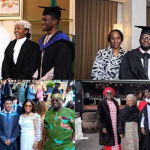
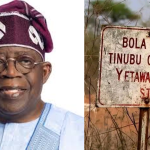
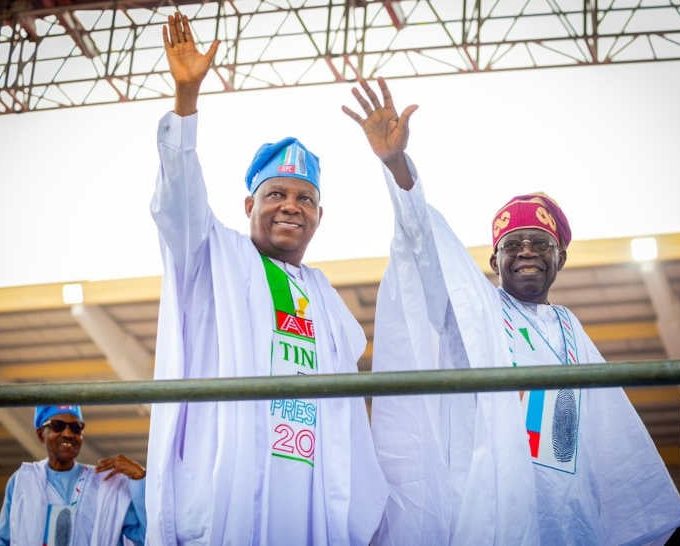

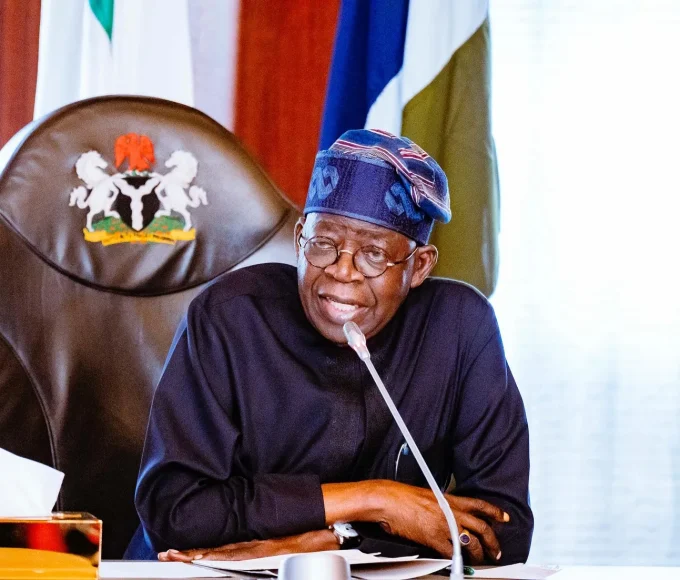

Leave a comment